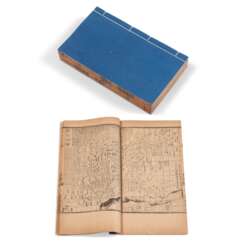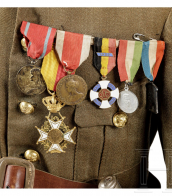graveyard
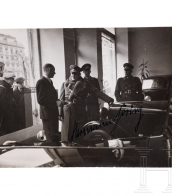
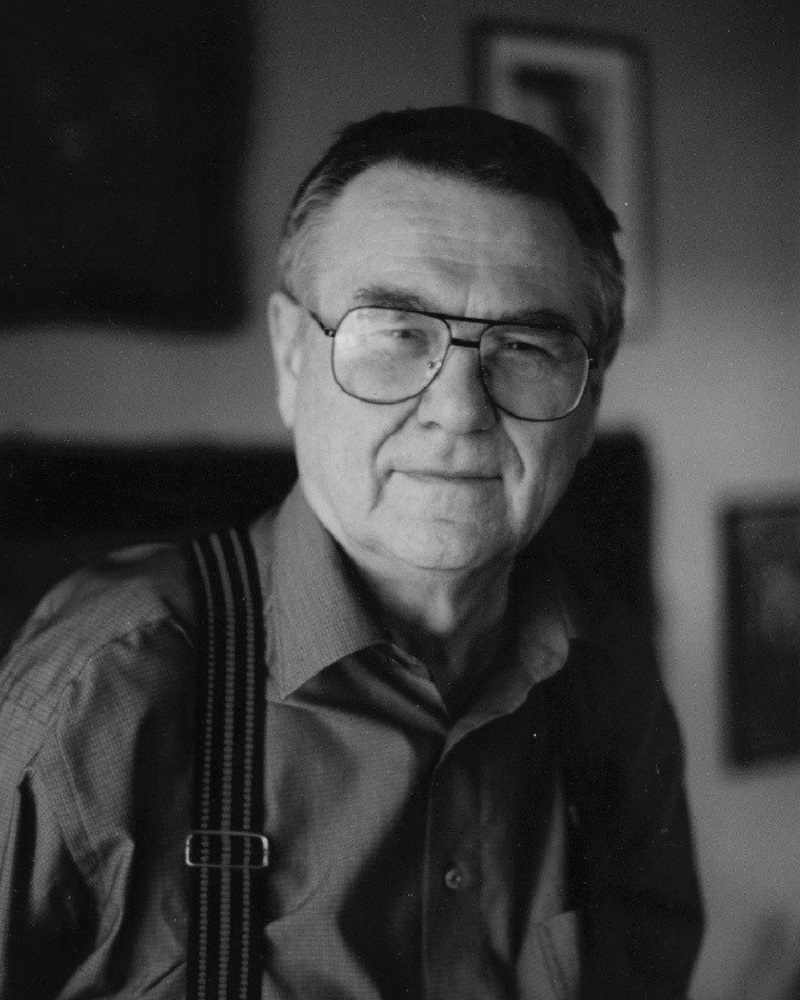
Zdzisław Beksiński was a Polish painter, photographer, and sculptor, specializing in the field of dystopian surrealism.
Beksiński made his paintings and drawings in what he called either a Baroque or a Gothic manner. His creations were made mainly in two periods. The first period of work is generally considered to contain expressionistic color, with a strong style of «utopian realism» and surreal architecture, like a doomsday scenario. The second period contained more abstract style, with the main features of formalism.

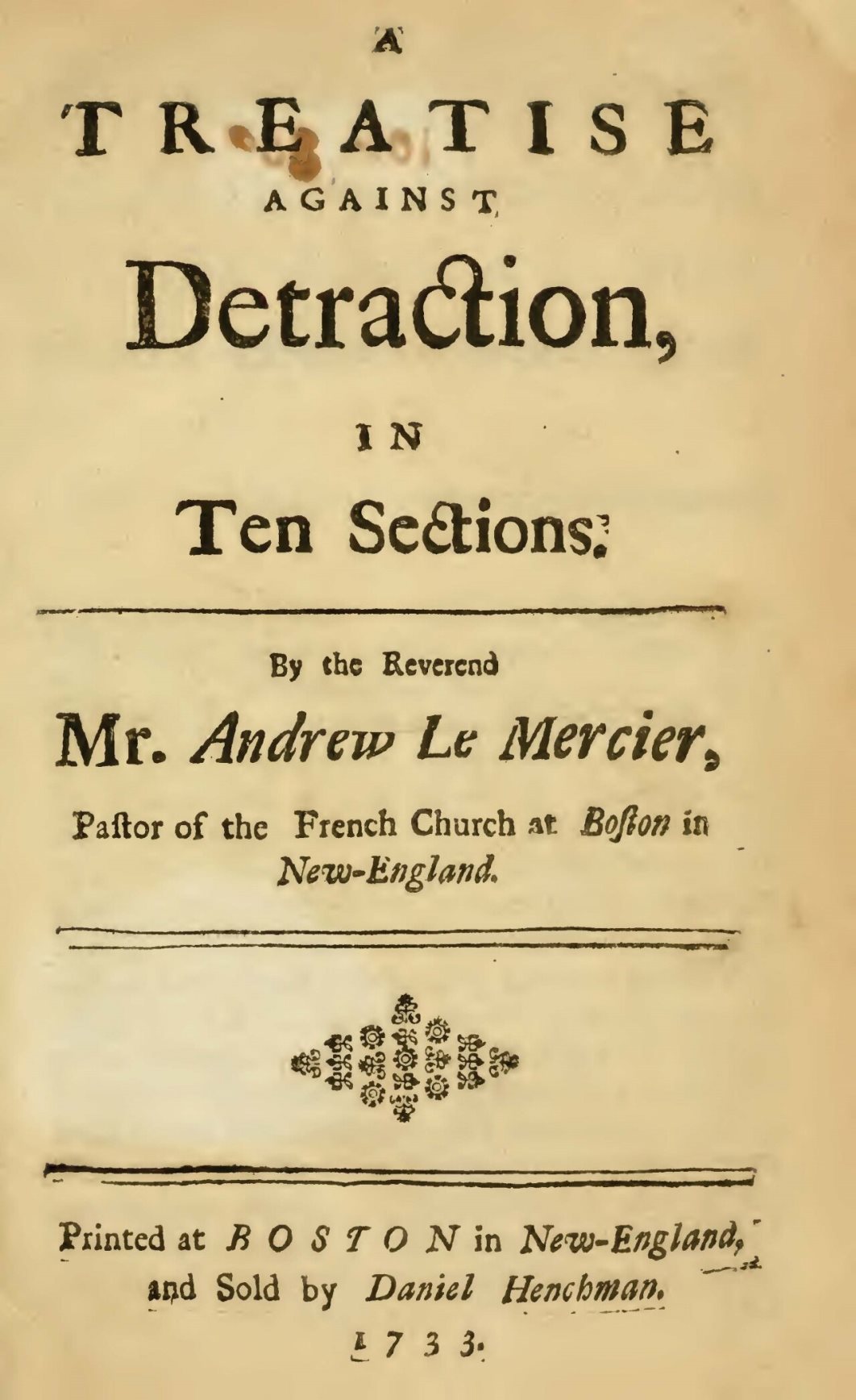
Andrew Le Mercier was a clergyman, pastor of the French Huguenot Church in Boston in the 18th century, and writer.
Le Mercier completed his ecclesiastical training at the Geneva Academy and in 1716 arrived in Boston (Massachusetts Bay, then an English colony) and began working as a pastor. He was active in establishing a settlement for shipwrecked men on the infamous Sable Island. The pastor also sent provisions there, which saved many lives.
Andrew Le Mercier wrote The Ecclesiastical History of Geneva in Five Books, with a Political and Geographical Description of that Republic (Boston, 1732) and A Treatise Against Diminution (1733).
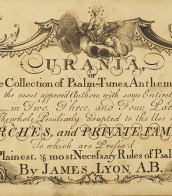
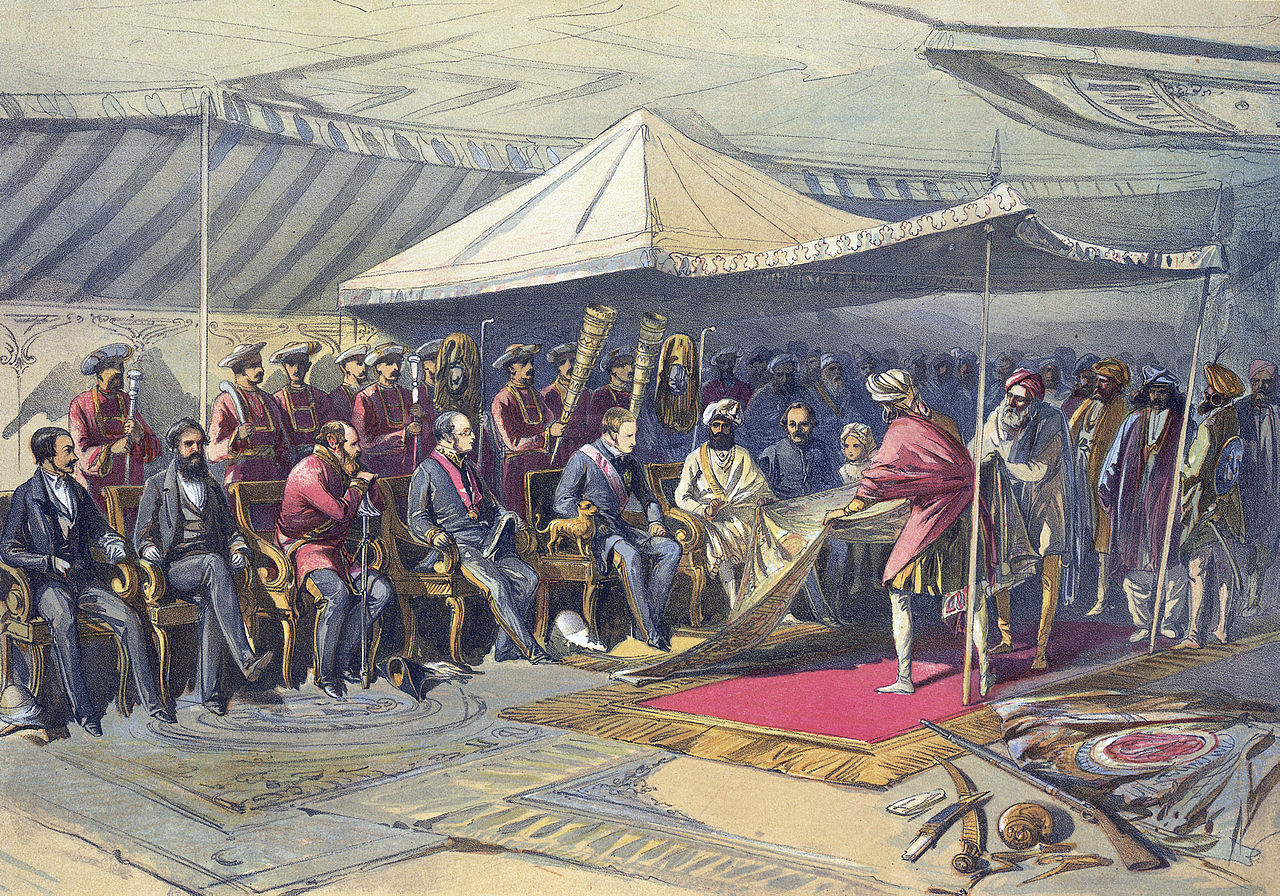
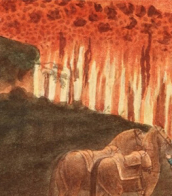

William Shakespeare was a British poet and playwright and writer.
William's father, John Shakespeare, was a merchant and official in Stratford. There are reports that he was a sailor for a time before joining a theater company in London. Beginning in the 1590s, Shakespeare began writing plays, and in 1593 he published a poem, Venus and Adonis, which became popular. He dedicated it to the Duke of Southampton, who was a philanthropist and patron of talent, and soon his business was booming.
From 1592 to 1600 Shakespeare wrote his dramas and romantic comedies "Richard III", "The Taming of the Shrew", "Romeo and Juliet", "A Midsummer Night's Dream" and "The Merchant of Venice", as well as the comedies "Much Ado About Nothing", "Twelfth Night" and the tragedy "Julius Caesar". The playwright's business was so successful that he even bought a large house in Stratford. In 1599, Shakespeare became one of the owners, playwright and actor of the new theater "Globe". In 1603 King James took Shakespeare's troupe under his direct patronage. In the mature period, the great playwright turned to tragedies, there were "Hamlet", "Othello", "King Lear", "Macbeth" and others.
Although in the 19th century researchers had some doubts about the authorship of many of these works, William Shakespeare is considered the greatest English playwright, one of the best playwrights in the world. His plays have been translated into all major languages and to this day form the basis of the world theatrical repertoire, most of them have been screened many times. According to the Guinness Book of Records, Shakespeare remains the world's best-selling playwright, and his plays and poems have sold more than 4 billion copies in the nearly 400 years since his death.

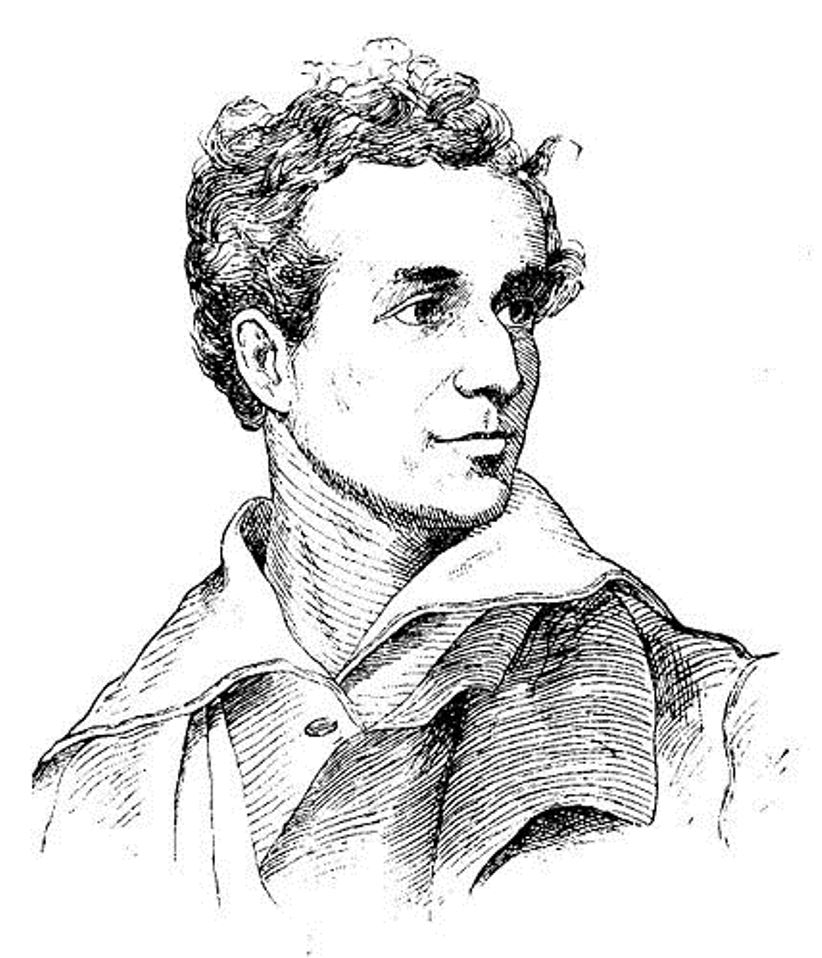
McDonald Clarke was an American outsider poet of the first half of the 19th century.
McDonald Clarke led an eccentric lifestyle and was nicknamed the Mad Poet of Broadway. He suffered periodic bouts of insanity, but was a regular on the New York poetry scene. Clarke was also known for sleeping in cemeteries and imitating Lord Byron. In his many poems, he covered topics ranging from social satire to sentimental romanticism.
Clarke was always virtually penniless and ended his life in a New York prison, where he was taken in another fit. The mad poet was immortalized by Walt Whitman, whom he greatly influenced as a mystical figure and outsider poet. The young Whitman was fascinated by both Clark's works and his eccentric life. Contemporaries describe Clarke as a mad child with aristocratic manners, meek and always happy, and all his oddities did no harm to those around him.

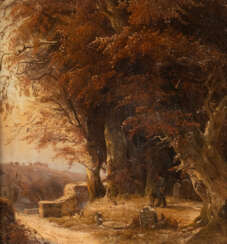

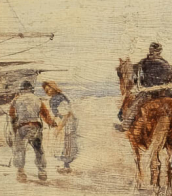
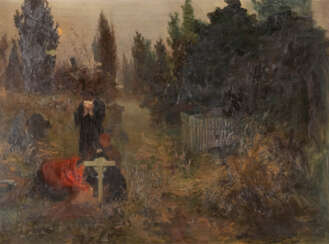

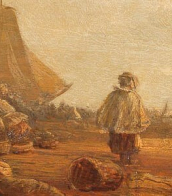




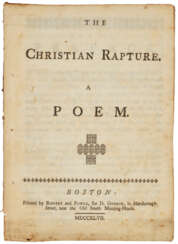

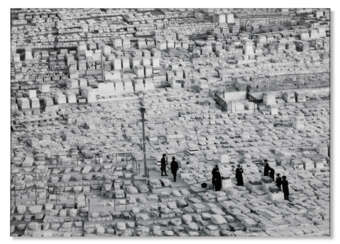

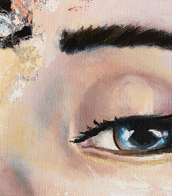
![William Simpson | The seat of the war in the East [first and second series]. London, 1855-1856, 2 volumes, deluxe hand-coloured edition](/assets/image/picture_3553114/1f25a/lpwgbzlbdjeizge5qgkdwkegipzhw9zqdtyv4jqwbm2xkfgtdbwgohjts8wvy5y21699098650jpg__fix_374_244.jpeg)
![William Simpson | The seat of the war in the East [first and second series]. London, 1855-1856, 2 volumes, deluxe hand-coloured edition](https://veryimportantlot.com/assets/image/picture_3553114/1f25a/lpwgbzlbdjeizge5qgkdwkegipzhw9zqdtyv4jqwbm2xkfgtdbwgohjts8wvy5y21699098650jpg__fix_374_244.jpeg)
